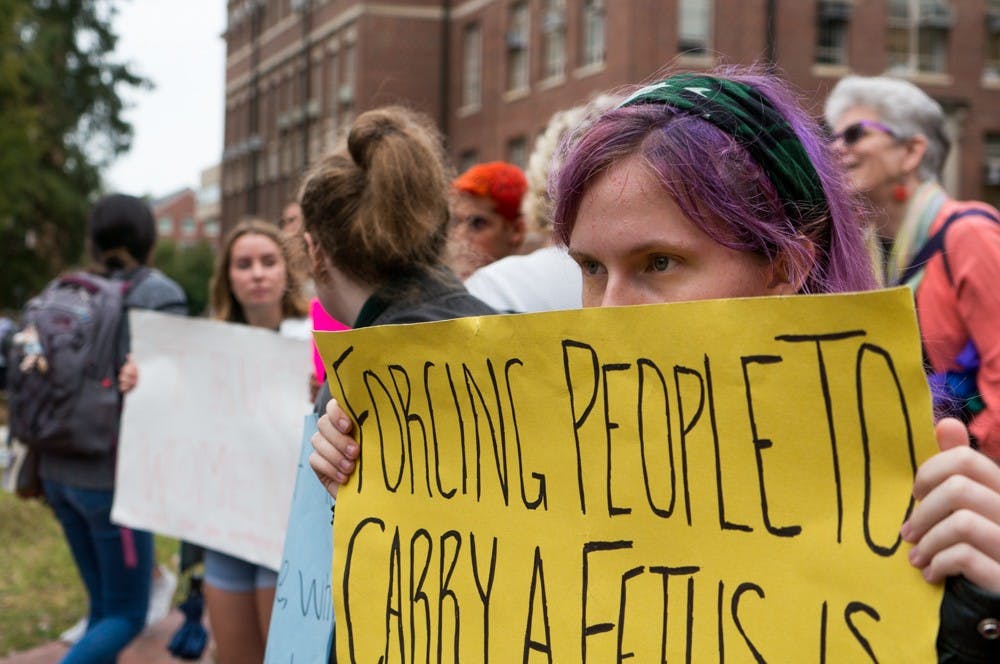The debate on abortion rights is an ever-changing topic in the U.S., with every change in legislation impacting people's lives dramatically. Access to abortion has far reaching impacts, including patient physical health, economic stability and individual freedoms.
Ultimately, without these rights, people’s livelihoods are at risk.
Inclusive and liberal reproductive rights play a crucial role in people’s health and success. Any threats to these legal rights have proven to have harmful effects on individuals — yet threats still persist.
Last week, Florida Gov. Ron DeSantis signed a ban on most abortions after 15 weeks of pregnancy. It comes after a wave of new abortion ban legislation in states, such as Mississippi, Kentucky, Oklahoma and Texas.
Oklahoma Gov. Kevin Stitt signed legislation making it a felony to perform an abortion.
This ban is the most extensive abortion restriction to go into effect since the Supreme Court’s Roe v. Wade ruling in 1973 — the landmark precedent that guaranteed the right to abortion.
Roe made it possible for women to receive safe and legal abortions from medical professionals. This Supreme Court case led to a severe decrease in pregnancy-related deaths and injuries.
More than 500 pieces of anti-abortion legislation have been introduced across the country this year. This comes in preparation of the ruling in Dobbs v. Jackson Women’s Health Organization, a case that could affect Roe.
If the Supreme Court were to limit or overturn Roe, millions of people would be forced to travel to receive legal abortion care. This could be impossible for many because of financial or logistic limitations.



